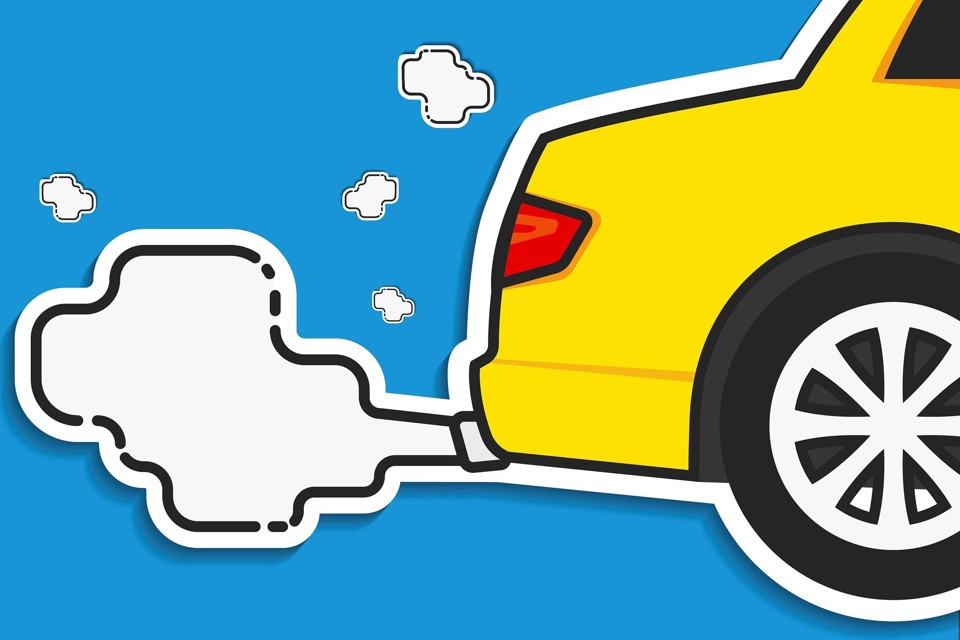Speculation is growing that the UK could ease back on plans for an all-out ban on the sales of new petrol and diesel cars from 2035 after the EU drafted legislation to allow vehicles powered by e-fuels.
The EU and Germany reached an agreement that will allow internal combustion engine (ICE) cars running on synthetic e-fuels over the weekend, following intervention from Germany’s coalition government.
The move has prompted questions over whether the UK might follow suit, despite opposition from environmental groups.
Carwow consumer editor Hugo Griffiths said: “It is nothing short of inevitable that the European Commission has drafted legislation allowing the sale of new petrol and diesel cars from 2035 as long as they can run on synthetic fuel. The question now must be when, not if, the UK will echo these changes.
“While electric cars are in many ways superior to petrol and diesel vehicles, consumers have legitimate concerns over affordability, charging infrastructure, supply chains and electricity-generation capacities.”
Griffiths added: “Cleaning up urban air and reducing vehicle CO2 emissions are essential, but mandating that only electric new cars can be sold by 2030 is unworkable.”
Frans Timmermans, head of EU climate policy, announced via Twitter that a deal had been struck with Germany on the future use of e-fuels in cars, AM's sister title Fleet News reported.
After reaching an agreement on Friday (March 24), meanwhile, German transport minister Volker Wissing tweeted: “Vehicles with internal combustion engines can still be newly registered after 2035 if they fill up exclusively with CO2-neutral fuels.”
The deal with Germany does not change the text of the regulation that was agreed between representatives of member states and the European Parliament last year, however.
After ministers sign off on it, the commission will provide more details on the next steps to implement the provision on e-fuels.
Under the deal, the Commission will first designate a new vehicle category for cars running exclusively on e-fuels, then present a delegated act allowing these vehicles to count towards the EU car CO2 targets.
Voicing her opposition to the Julia Poliscanova, senior director for vehicles and emobility at Transport and Environment said: “Europe needs to move forward and give clarity to its automotive industry which is in a race with the US and China.
“E-fuels are an expensive and massively inefficient diversion from the transformation to electric facing Europe’s carmakers. For the sake of Europe’s climate credibility, the 2035 zero-emissions cars deal needs to enter law without any further delay.”















Login to comment
Comments
No comments have been made yet.